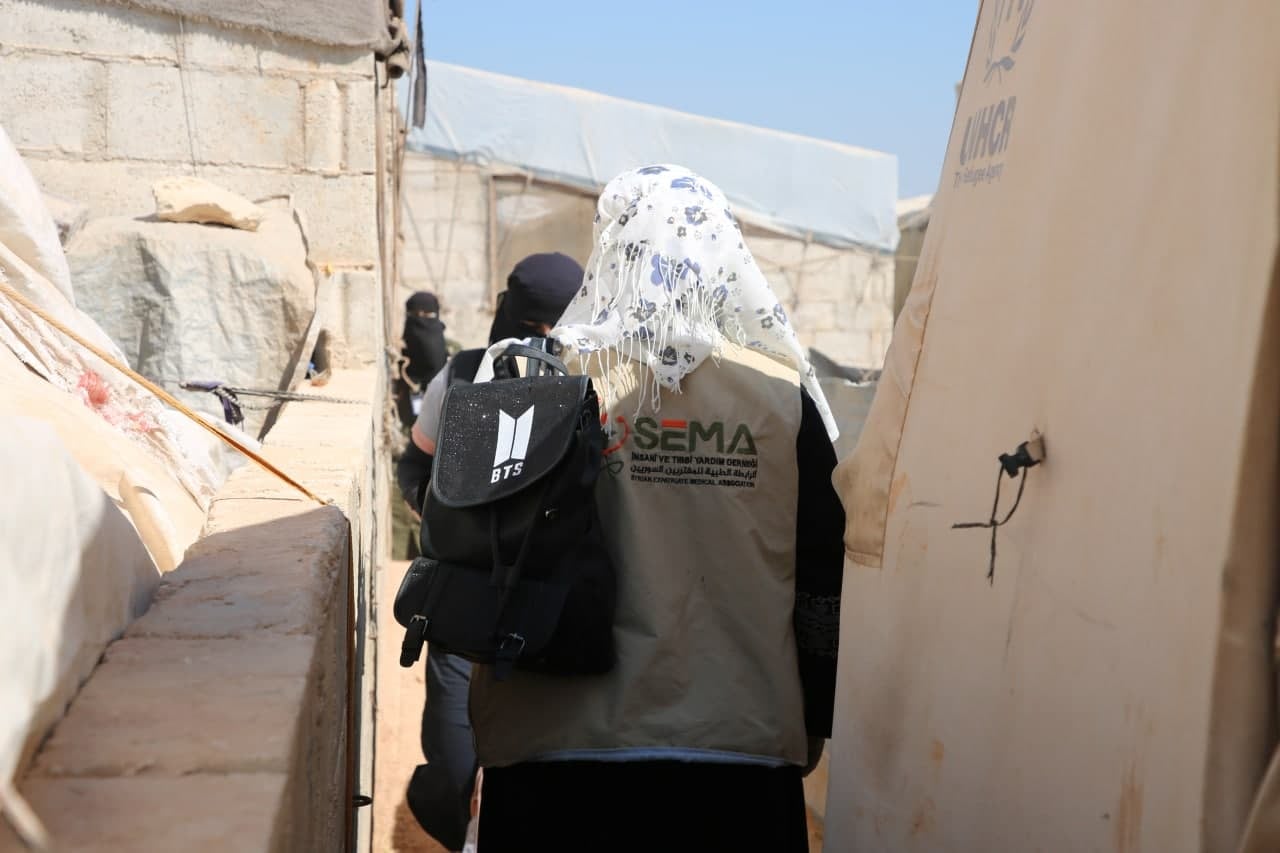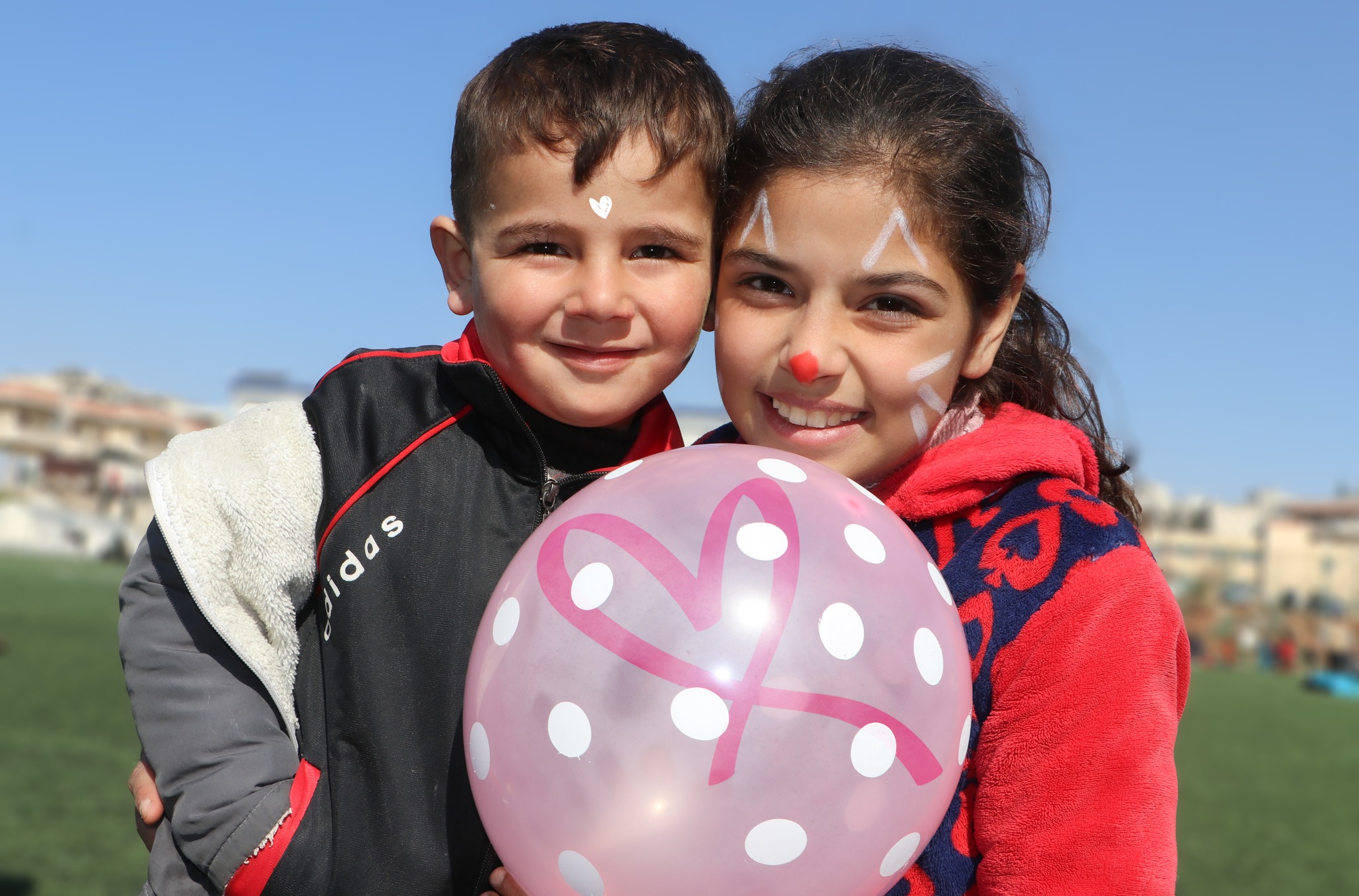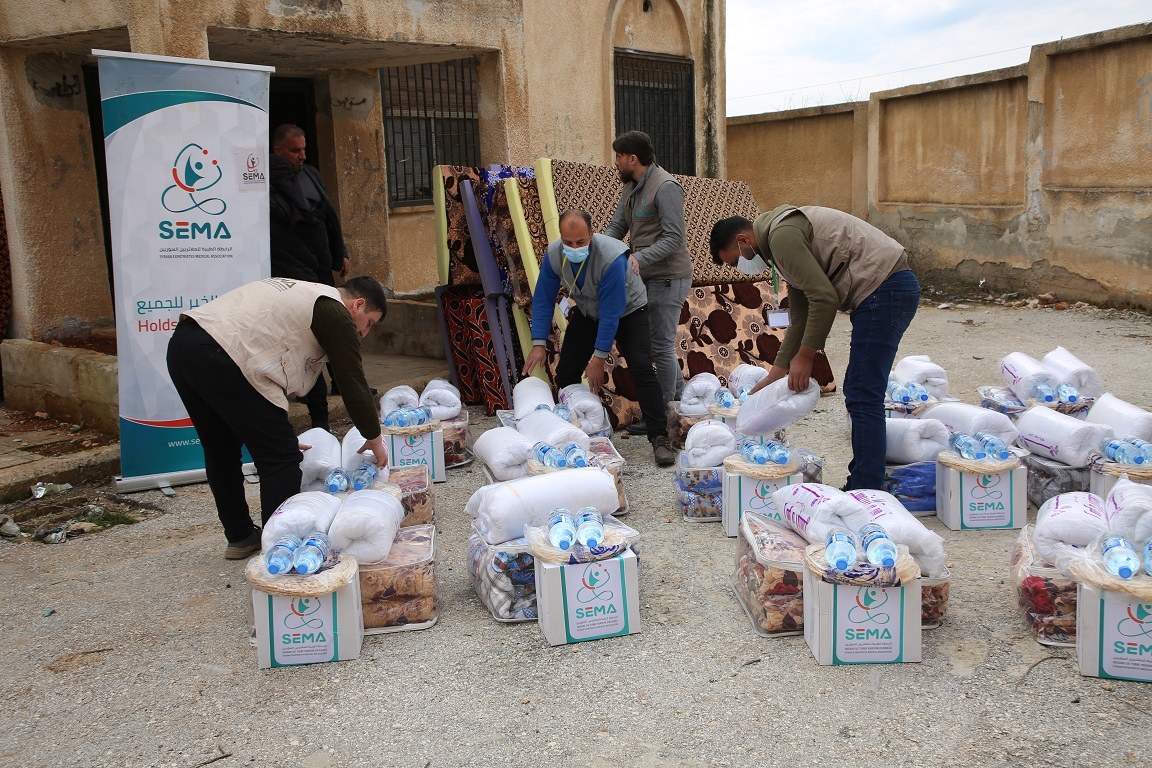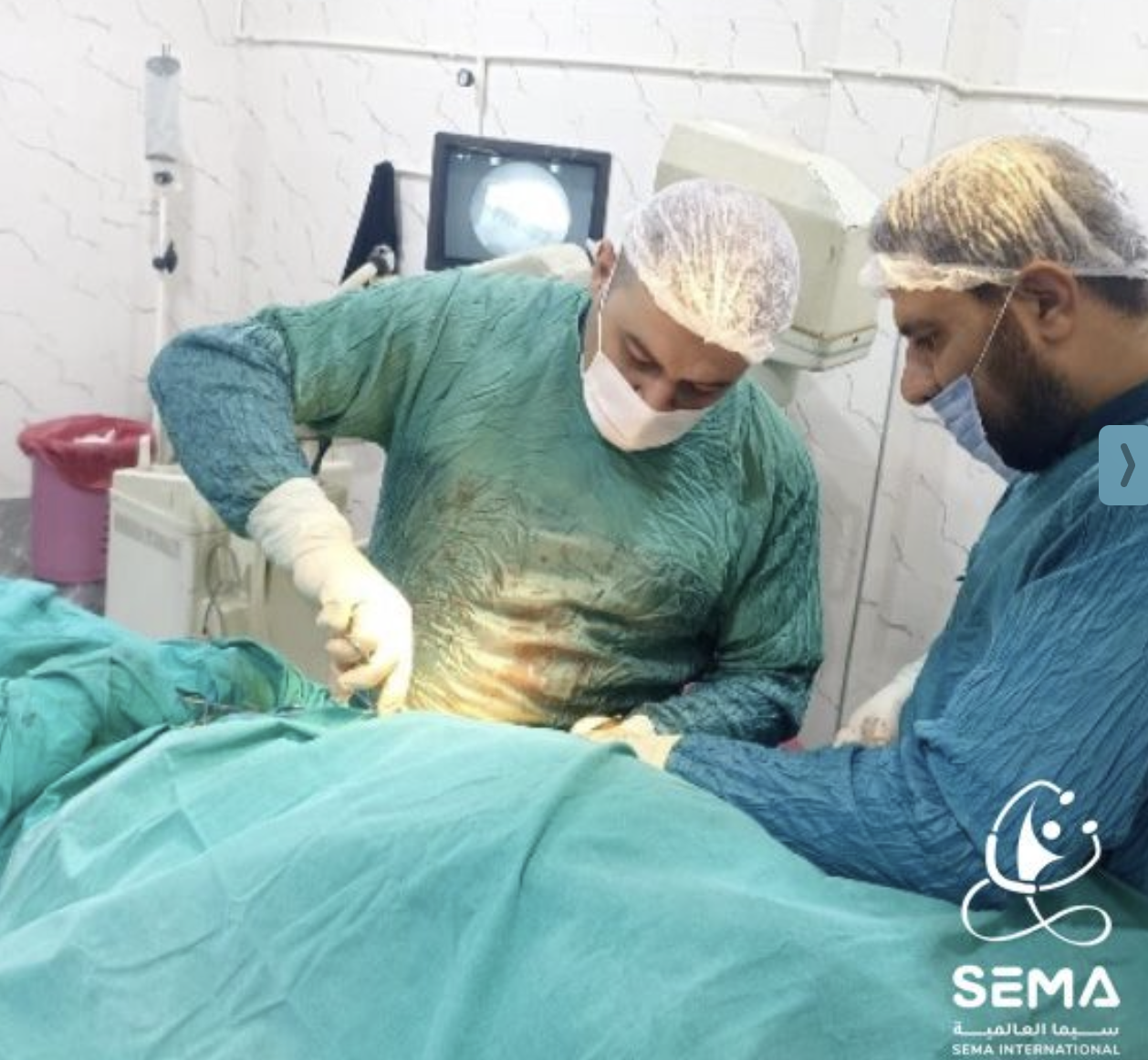Sadaqah is a voluntary act of charity in Islam that goes beyond monetary donations.
It encompasses various forms of giving and support aimed at helping those in need, improving the community, and contributing to the overall betterment of society.
This article explores the concept of sadaqah in Islam.
It discusses the different ways you can contribute to the betterment of society through different types of sadaqah, including zakat, sadaqah jariyah, sadaqah al-fitr, and sadaqah for needy families, education, healthcare, and for emergency relief.
Zakat: The obligatory charity
Zakat is a mandatory form of charity in Islam, required of all eligible Muslims.
It is generally calculated as 2.5% of a person’s total wealth and savings if it reaches the nisab (the minimum amount a Muslim must own before being obliged to give zakat).
Zakat has many different types, these include zakat on gold and silver, currency, livestock, and agricultural products. All of these types have a specific nisab requirement.
For example, the nisab for gold is equivalent to 85 grams of pure gold karats that a person holds for one lunar month.
Sadaqah Jariyah: The continuous charity
Sadaqah Jariyah is a form of an ongoing charity that benefits others even after the donor’s death.
It includes contributions like building a well, planting a tree, or establishing a school, which will continue to help others until the Day of Judgment.
The Prophet Muhammad (PBUH), emphasized its reward when he said: “When a person dies, all their deeds end except three: a continuing charity, beneficial knowledge, and a child who prays for them,” (Muslim – 1631).
Sadaqah al-Fitr: The charity of breaking the fast
Sadaqah al-Fitr is a specific Sadaqah given at the end of Ramadan, before the Eid al-Fitr prayers, or after the sunset of the last day of Ramadan.
It is given in the amount (or value) of 3 kilograms of typical food in the country, such as wheat, rice, or the like.
This sadaqah is given to the poor and needy to ensure they can also enjoy the Eid celebrations.

Sadaqah for needy families: Helping those in need
According to Islamic teachings, offering sadaqah (charity) to the needy is a highly encouraged act of worship.
Allah (SWT) states in the Qur’an: “Indeed, the men who practice charity and the women who practice charity and [they who] have loaned Allah a goodly loan – it will be multiplied for them, and they will have a noble reward” (al-Hadeed:18).
As a result, sadaqah has a special place in Islam and is seen as an act of worship that brings huge rewards. Sadaqah for needy families is one of the most righteous forms of charity, as it helps to provide for those in poverty and deprivation.
Sadaqah for needy families can take multiple forms, such as providing financial assistance, donating food and clothing, providing shelter and blankets, or helping with medical supplies.
It is indeed very crucial to remember that sadaqah should be given out of pure intentions, not to acquire prestige or recognition.
Allah (SWT) says in the Qur’an: “O you who have believed, do not invalidate your charities with reminders or injury as does one who spends his wealth [only] to be seen by the people and does not believe in Allah and the Last Day. His example is like that of a [large] smooth stone upon which is dust and is hit by a downpour that leaves it bare. They are unable [to keep] anything of what they have earned. And Allah does not guide the disbelieving people” (al-Baqara:264).
Furthermore, it is important to remember that sadaqah should be given with sincerity and kindness.
The Prophet Muhammad (PBUH) said: “The best charity is that given to a relative who does not like you, to a neighbor who is not related to you, and to a needy person who is not known to you.” (Sunan Ibn Majah, Hadith 2146).
Zakat: The obligatory charity
This form of Sadaqah focuses on providing needy families with financial support, food, clothing, or other essentials.
The distribution of zakat will be to those who were mentioned in the holy Qur’an in Surat Al-Tawbah, [9: 60]. They include
- The poor.
- The needy.
- Collectors of zakah.
- Debtors.
- Those fighting for a religious cause.
- Travelers.
Other reasons for giving zakat include reconciliation of the hearts and freeing the captives/slaves.
Sadaqah for education: Supporting access to learning
Sadaqah for education can be used to support initiatives that promote access to learning for children and adults alike.
- Donating towards educational initiatives.
- Sponsoring a student’s tuition fees.
- Building schools.
- Providing learning materials.
Sadaqah for healthcare: Supporting access to medical care
Sadaqah for healthcare can be used to support initiatives that provide access to medical care for those who cannot afford it.
Healthcare initiatives that are subject to sadaqah jariyah, include building hospitals or clinics, providing medical equipment, or sponsoring medical treatments.
Supporting these healthcare projects will definitely improve the health of individuals and communities.

Sadaqah for emergency relief: Supporting those in crisis
An example of emergency relief efforts that could be supported by donations includes providing aid during natural disasters, conflicts, or other crises.
It is a form of sadaqah that offers immediate assistance to those in alarming need.
This can include providing food, shelter, and other necessities to those who have been displaced or affected by the crisis, like refugees.
How to contribute and give sadaqah?
You can contribute and give your sadaqah to organizations that support and relieve needy people, such as refugees and displaced families.
We at the Syrian Medical Association (SEMA) are responsible for addressing the different issues that the Syrian refugee community face.
We use the resources we receive, such as donations, including sadaqah, to implement projects that benefit the refugees and address refugee problems.
Our projects include educational, health, relief services, child protection, and psychological support programs.
We believe that our efforts could be more substantial with your contributions!
Help us today create a better future for vulnerable refugee communities!
FAQ
What are the types of Sadaqah?
Some common types of Sadaqah include zakat, Sadaqah Jariyah, Sadaqah al-Fitr, and Sadaqah for needy families.
What are the 3 types of Sadaqah Jariyah?
There are numerous ways to give sadaqah jariyah, among the most common examples are:
Building a well or providing clean water sources.
Planting a tree or creating green spaces.
Establishing schools or providing educational resources.
What is the highest form of Sadaqah?
The highest form of sadaqah is often considered sadaqah jariyah, as it provides ongoing benefits to others even after the donor’s death.
Which Sadaqah is best?
Giving water (to someone to drink) is considered the best form of sadaqah.





